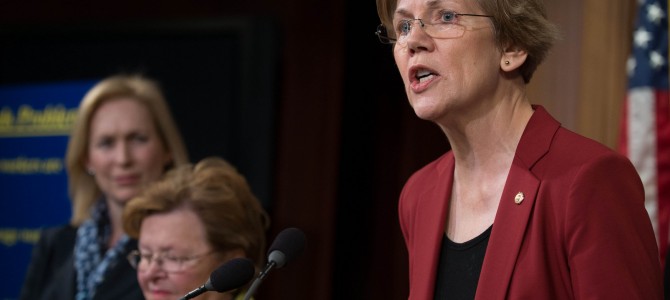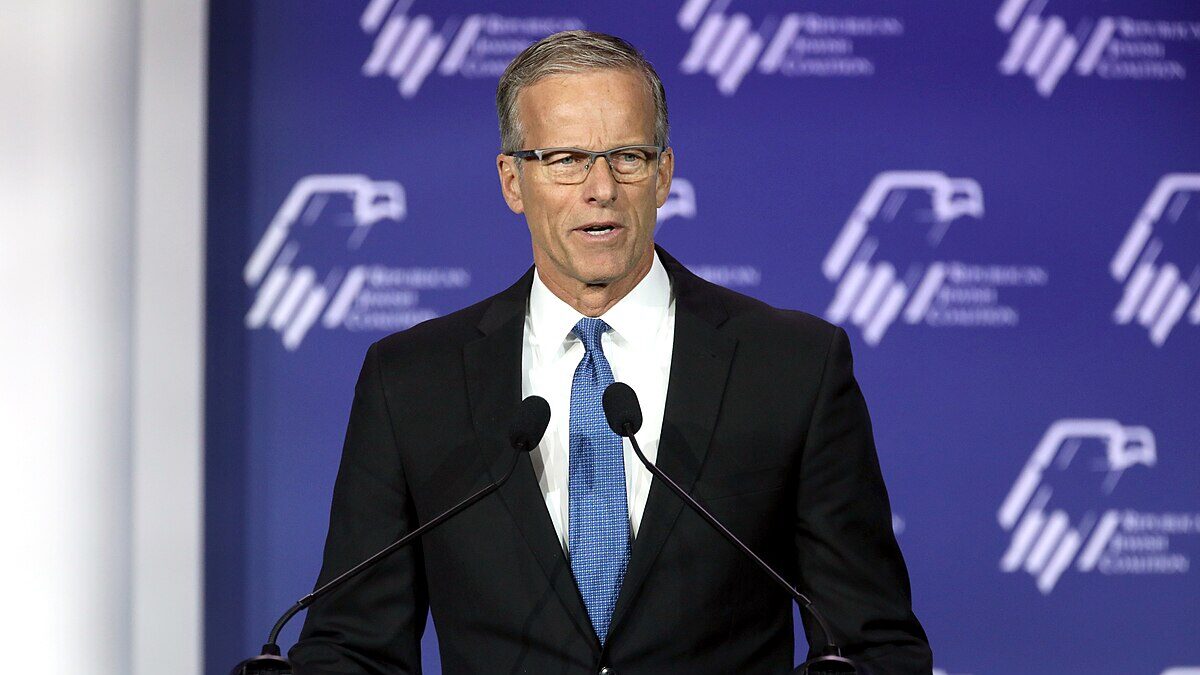There was a point in 2019 when Sen. Elizabeth Warren of Massachusetts was rivaling former Vice President Joe Biden for the front runner position. But, as the Warren campaign team rung in the new year, it appears their campaign has stalled. Both Iowa polling and fourth quarter fundraising dollars indicate the Warren campaign is flatlining.
In September of 2019, Warren was polling at 22 percent among Iowa caucus-goers. For a brief moment in September, she even held first place in Iowa, before quickly sliding down to fourth place. Warren is now polling at 16 percent in Iowa, behind Pete Buttigieg (22%), Sen. Bernie Sanders, I-Vt. (20%), and Biden (18.8%).
According to polling conducted by the Des Moines Register, 52 percent of Iowa caucus-goers say they prefer a candidate who will advocate for policies that have a good chance of becoming law, even if the changes they make aren’t as big, such as Biden or Buttigieg.
According to the same poll, 36 percent of caucusgoers want a candidate who will advocate for policies that would result in big changes, even if they have a lower chance of becoming law, such as Sanders and Warren. The polling shows progressive Iowans believe Sanders has a better chance of getting the job done than Warren.
Polling in New Hampshire indicates similar results, where Warren is in fourth place and is losing her base to individuals who prefer Sanders.
Early state victories are important to building support and a national coalition. The Iowa Caucus takes place on February 3 and the New Hampshire primary takes place on February 11. Without success in major early states, Warren’s campaign could be in deep trouble come the end of February.
In addition to struggling in the polls, Warren underperformed in fundraising during the fourth quarter of the 2019 fundraising period.
According to Business Insider, Warren’s campaign sent an email on December 27 saying they had raised “a little over $17 million,” and that they wanted to raise another $3 million prior to the campaign finance filing deadline of December 31.
In the previous third quarter, she had raised $24.6 million. Raising only $17 million would signify a 30 percent dip from quarter three to quarter four. This is a major hit to the Warren campaign, especially when comparing Warren’s fourth quarter campaign dollars to Sanders. The two Senators have similar policy proposals, however, the money and support is favoring Sanders over Warren. Sanders raked in a total of $34.5 million in the fourth quarter of fundraising, bypassing the 2020 candidates by a landslide.
After weeks of mediocre results, the New York Times noticed Warren is retreating from her original policy positions on controversial issues such as “Medicare for All.”
But Ms. Warren herself is barely speaking of the proposal. After months of attacks from other candidates, and questions and some blowback from both liberals and moderates, the most ambitious and expensive of Ms. Warren’s many plans — and the one most likely to transform the lives of voters — is just a passing mention in her standard stump speech, rarely explored in depth unless a questioner brings it up.
Warren has faced intense criticism for her plans to tax the ultra wealthy into oblivion in order to pay for free “Medicare for All,” free college, free universal child care, and more. February’s upcoming primaries will show whether Warren’s new strategy of backpedalling on controversial policy proposals can revive her flatlining campaign.









